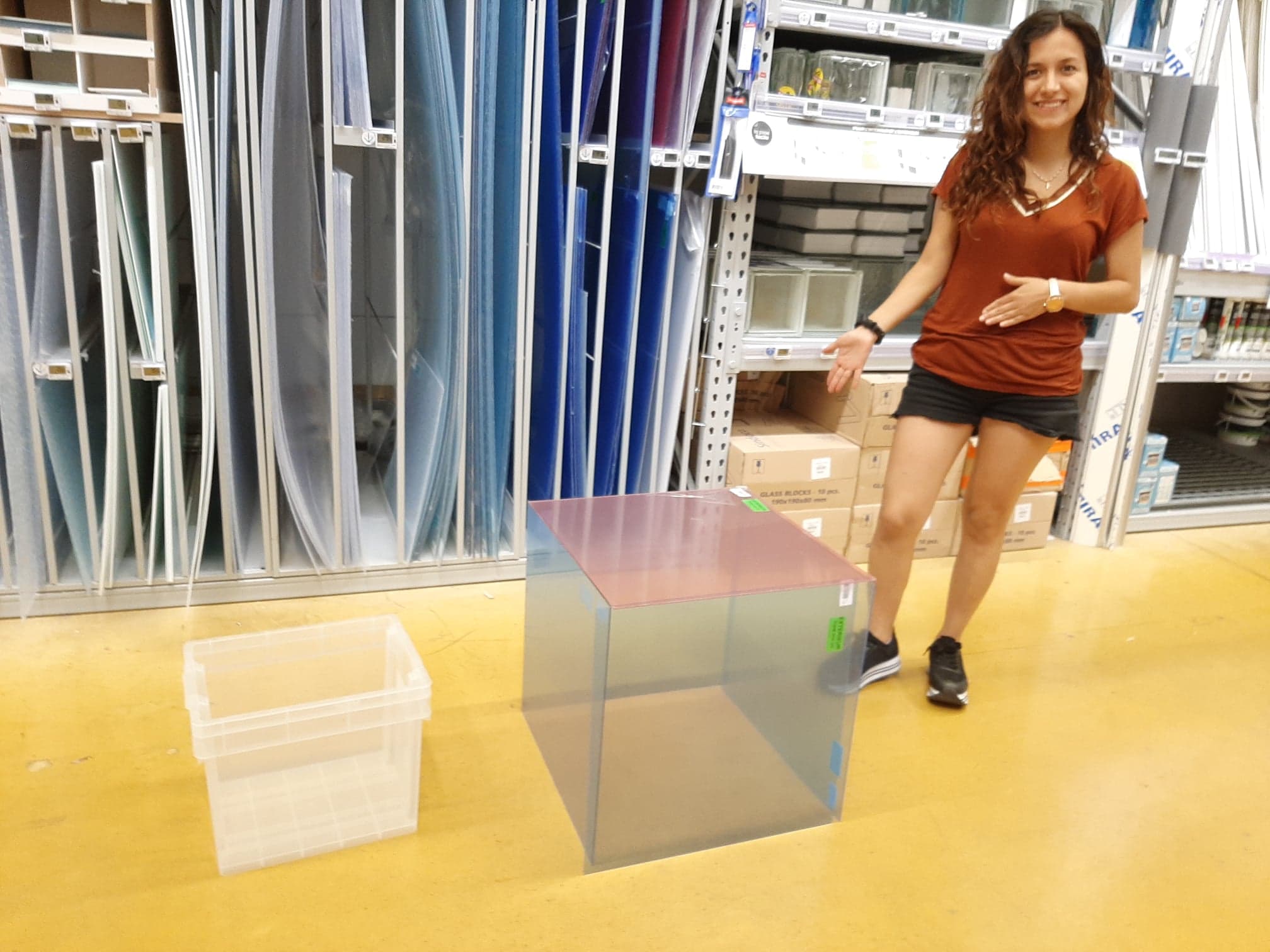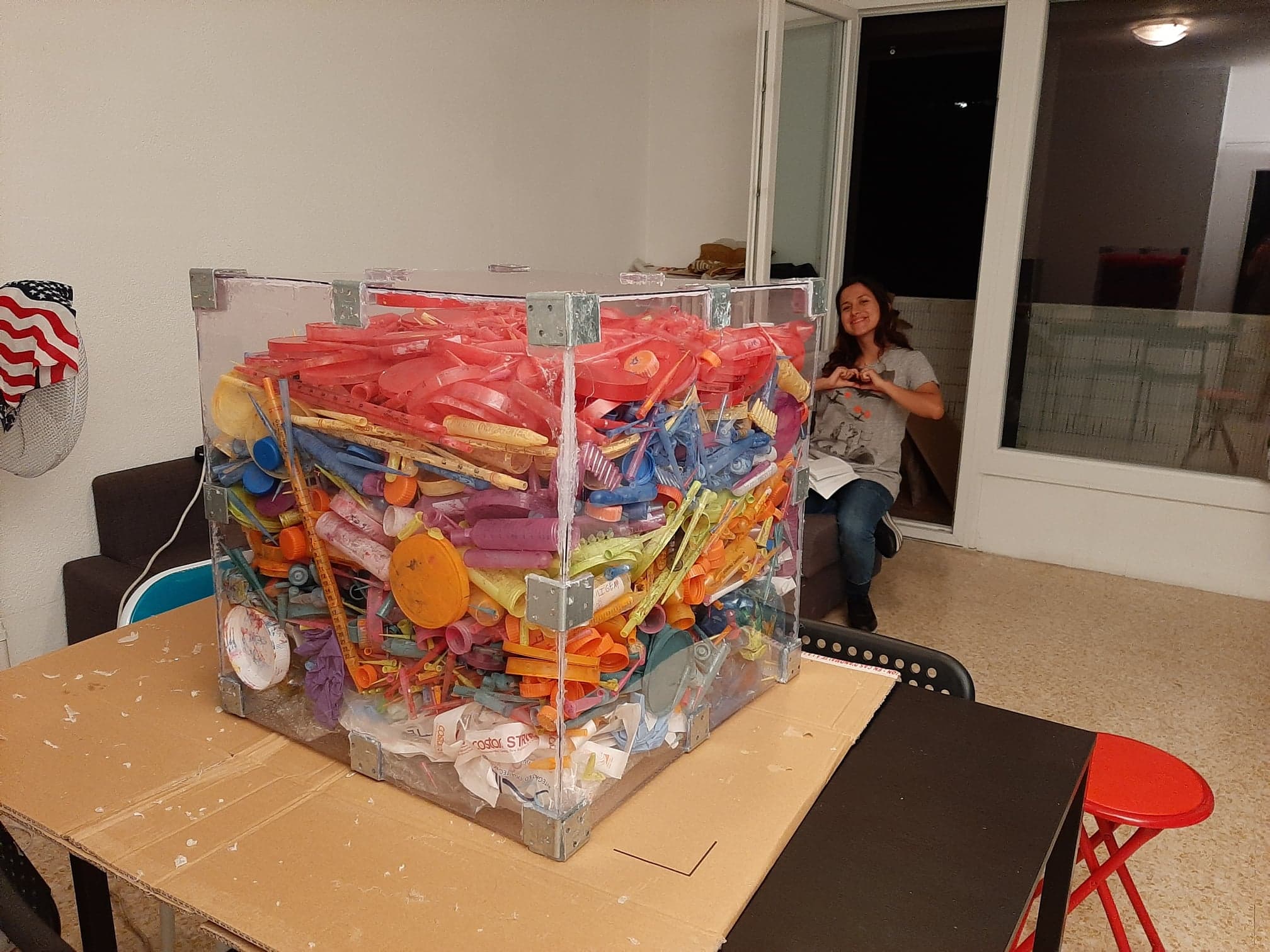

Meeting in Poitiers
Thanks to iGEM Poitiers’ initiative, we were honoured to take part in the iGEM France meet-up which took place the 22nd of June. This meeting aimed to promote mutual help between French teams and to discuss about their difficulties. It was the first time that we presented our project to others. It was very interesting and helpful to receive advices and questions from the other iGEM teams. Seeing everyone’s projects and how they managed to progress gave us an overall idea of what was left to do and where we should put more efforts.We shared and did some troubleshooting with the other teams, it has been a great opportunity to learn more about the other iGEM french teams projects, and to get to know the other teams members. This experience allowed us to contact the teams of Nantes with whom we have undertaken some great collaborations.


Meeting in Paris
On the 26th and 27th of July, we attended the European Meetup in Paris organized by the Pasteur Paris iGEM team, Ionis iGEM team and Paris-Saclay iGEM team.
This was the first time for us that we presented our project to a jury composed of various professionals. The feedback and tips we received from the jury and the other teams highlighted areas for improvement in our presentation. The poster session was also a great opportunity to practice the presentation of our project to the other teams.
This meeting was also an opportunity to get to know other European teams.

Collab’Art with iGEM Nantes
We met the iGEM Nantes team at the Poitiers meeting, and we got along right away! A few days later, a member of their team contacted us for a collaboration proposal: the objective was to organize an art exhibition on the theme of synthetic biology. And it is in this context that we have decided to create our artwork: Cubi we wanted to create a powerful art piece but one that would also allow several people on the team to participate. We started with the idea of making an educational work of art on the theme of plastic waste in the laboratory. Indeed, during our iGEM adventure, we realized that we were producing a phenomenal amount of waste. So we chose to collect our waste over three weeks and then to recycle it into an art piece. To do so we first decontaminated it properly and then washed it, then tinted with different colours and finally we built a large 50cm3 plexiglass cube that we filled with this waste. Through this work, we wanted to highlight the waste produced by an iGEM team and highlight the high consumption of plastic in laboratories.



World-wide iGEM collaboration on laboratory plastic waste
Working on this project also gave us an idea of a Human Practice project, precisely about laboratory waste. We were more interested in the waste produced and its treatment after leaving the laboratories, so we went to ask Karine, the CBS Health and Safety Manager, to find out more. We then decided to launch a survey among the iGEM teams but also among the other laboratories in Montpellier in order to compile data on the plastic consumption of these different teams and we considered solutions to avoid waste and overconsumption of plastic waste and above all how to improve sorting and recycling.
We conducted our last survey concerning good laboratory practice, the eco-responsibility of laboratories and in particular their knowledge of their wasteAs part of our research, we have worked in collaboration with French and international teams.
French teams that have collaborated with us are iGEM Grenoble, iGEM Poitiers, iGEM Sorbonne U, iGEM Paris, iGEM IONIS Paris, iGEM Nantes, iGEM Strasbourg and iGEM GO Paris Saclay.
The international teams that have collaborated with us are iGEM itsoeh México, iGEM Tartu TUIT Estonia, iGEM Costa Rica, iGEM EPFL Switzerland, iGEM Bulgaria.
Here is the link
iGEM Marburg
We participated in the collection of data on the “number of E.coli colonies” by the iGEM Marburg team. The purpose of this collaboration was to feed their artificial intelligence "Opentrons" with as much data as possible from E.coli colonies that had grown on agar.
In total, we were able to provide 5 pictures of different colonies and strains of E.coli to the iGEM Marburg team.
iGEM Strasbourg
We participated in a survey for the iGEM team of Strasbourg about how we dealt with the problems of food allergies in our country. Because some of our team have allergies, we were quite informed about the ways our country is dealing with the allergies.
iGEM UC Davis
We completed a survey about the “use of mammalian cells” for our project and the one before. Because our tool is suppose to be used in the human body, we thought about using blood samples but we decided not do so because of a lack of time to go through all the ethics and safety procedures.
iGEM Thessaly
We participated in the translation of Thessaly’s project’s user manual in french. The manual explains what the kit is composed of, how to use it and what to do after uses. The kit is a test for early diagnosis of Tuberculosis and other diseases. It is based on a cell-free method to detect DNA fragment inside the urine by amplification and translation of it, provoking the degradation and the color shifting from yellow to red of a reagent: nitrocefin.
